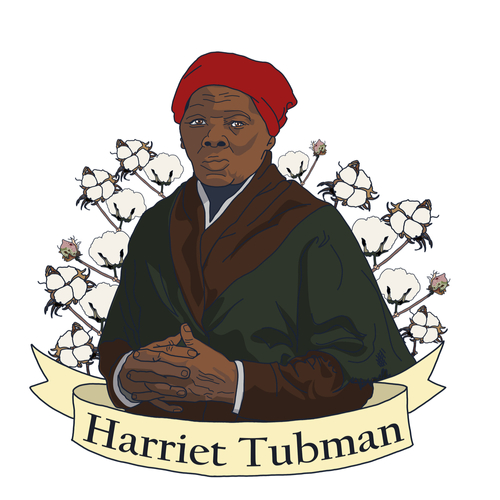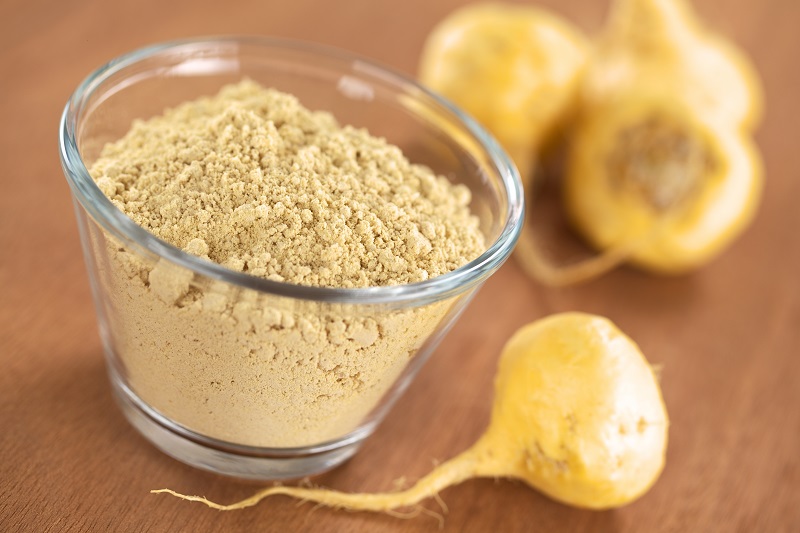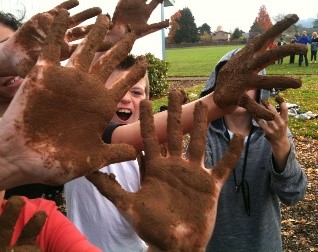Historical Herbalists: Harriet Tubman
Introduction
In addition to saving humans from slavery, Harriet Tubman also saved lives during her work as a nurse in the Civil War.1 Before that however, she was a slave in Maryland.2 In fact, she was born as Araminta Ross. Her exact birthdate is unknown, yet thought to be between 1820 and 1822.3 Later, she changed her name to Harriet in honor of her mother, Harriet Green.2 While she was still a slave, she married a free black man and took his last name, Tubman.3 Though, after her escape to freedom, she returned to Maryland to find him married to another woman.1
Herbs for Survival
At just five years old, Harriet became a nursemaid for another white family. Her owners rented her out and they beat her when the baby she cared for cried.2 Years later, she escaped slavery in Maryland to freedom in Philadelphia using the Underground Railroad.4 Then, she used the Underground Railroad to save hundreds of others from slavery,2 garnering a $40,000 reward for her capture or death.3 Today, that is over 1.3 million dollars! Her knowledge of edible and medicinal plants helped keep those she rescued alive and healthy.5 Therefore, she never lost a “passenger.”3
Herbal Healing
When the Civil War started, Harriet went to South Carolina to nurse black soldiers and the Gullah people – the liberated slaves of the area, teaching them about the ways of herbs as well.6 She famously treated and cured soldiers suffering from dysentery.4 After her work as a scout and spy, leading slave-liberating missions into enemy territory,3 she returned to nursing. While she worked in Washington, DC she used cranesbill and lily roots for medicine to treat fever and smallpox.7 Because she never contracted smallpox, folks believed her to be blessed by God.4 Later, she became the matron at the Colored Hospital at Fortress Monroe in Virginia.6 Throughout her time working for the Union Army, she was never paid. She only received widow’s pension from her second marriage.7 However, after her death, she was buried with military honors.
Sources
1 – Harriet Tubman Facts – Harriet Tubman Historical Society
2 – Harriet Tubman – History.com
3 – Harriet Tubman – National Women’s History Museum
4 – Harriet Tubman – Wikipedia
5 – African American Herbalism: History, Healing, Herbs – The Herbal Academy
6 – Profile: Harriet Tubman – Nurse.com
7 – Flashback: Harriet Tubman, Nurse – UVA School of Nursing
8 – African American Nurses: Making History – RegisteredNursing.org







